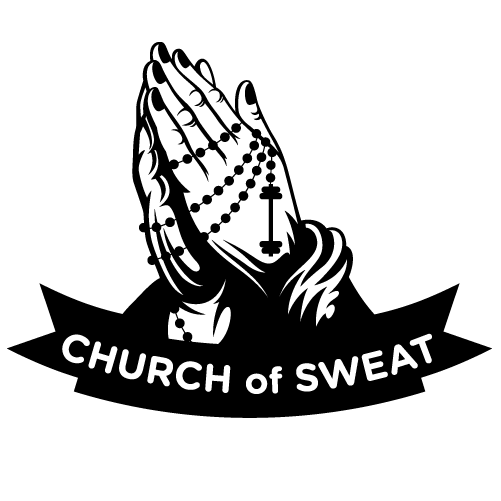Pronouns are really important
A Queer personal trainer in Toronto drops some science
A lot of folks are still new to the world of non-cis normative pronoun usage and I understand that for many the pronoun game can feel really intimidating when it’s new. It takes a bit of getting used to and even well-seasoned folks mess up - we’re all learning! And that’s okay. The important thing is that you understand the context and try. That’s it. Just try and get why it’s crucial to people and then genuinely put in an effort. That’s it! The mistakes will come, I promise lol - don’t worry about that. Focus on caring for the person in question first, and then your own fear of embarrassment will be a distant second to the needs of the person standing in front of you.
A Queer personal trainer in Toronto reminds pronouns are not a choice
Pronouns are not a choice. They are an expression of a deep, abiding truth. It’s not “identify as..” It’s “is”. Someone doesn’t “identify as a woman.” Someone IS a woman. Or a trans woman. Or a trans man. Or someone IS non-binary. “Identify as” says “this person sees themselves as” in a way that implies that other people may not, or that it is up for debate. It’s not.
A Queer personal trainer in Toronto talks trauma
This deep, abiding truth is a truth that in our prevailing systemic cis/het worldview is almost always fraught. People whose pronouns are outside of the cis-norm binary worldview have weathered a storm. They've been on a journey, a quest - and have come back with a truth. A truth about who they are, and a message of how we all can be (free from the gender binary). I truly believe that this is a gift. A gift to ourselves first, yes. But also a gift to everyone. You can step out of normative views of sex and gender. You do not need to be cloistered in a narrow definition that perhaps doesn't fit you all that well. Every trans or non-binary person that you meet, is taking a step forward in part, so that you, or your children or your friends or relatives may have an easier go of it than they did.
But to be mis-pronouned or dead-named (even by people with the best of intentions) is to be made to feel invisible. Invisibility is a form of trauma. It often leaves one feeling unheard as well. When someone tells you their pronouns listen up. And be kind enough to try really hard and remember. It mightn't be a big deal to you but I guarantee it is a big deal to the person letting you know who and how they are.
Being seen and heard is a cornerstone of well-being and care. When a person tells you their pronouns they are asking to be seen, heard and remembered. And this requires that we pay attention.
A Queer personal trainer in Toronto thinks about it as care
Baked into appeals for proper pronoun usage is the assumption that people are capable of paying attention. And that’s debatable. Let’s be honest. Most of our brains are an overcooked meme soup at this point. Paying attention is harder than ever. So with proper pronoun usage comes a commitment to being present.
And this is a whole other conversation but I think we need to back away from some of the things turning our brains to mush. A "be present" or "live in the moment" post on instagram is incredibly, absurdly ironic.
A Queer personal trainer in Toronto gives a lesson in etiquette
And when (not if) any of us mess up, please consider an alternative to apologizing and explaining. To apologize and explain is to put the work back on the misgendered or deadnamed, in the form of asking forgiveness or empathy. In the immediate circumstance, this is not about you. And to be real real, maybe you’re the fifth person that day to deadname. Or misgender. MAYBE the person is out of forgiveness in that precise moment. Maybe to have to smile and say it’s okay would only make the situation in that moment worse for them. Try a real genuine thank you instead. And then remember, with compassion, that care is paying attention.
*Deadnaming
To deadname a trans or non-binary person is to use their birth name as opposed to the name that they have taken as part of thier transition in honouring the truth of their gender. The phrase began being used in online spaces like blogs and message boards around 2012.
A Queer personal trainer in Toronto ends with an important aside
Let's strike terms like "guys" from our vocabulary. So many common colloquial sayings are weirdly patriarchal and gender normative let's just bin them from here on out. We don't need them anymore. They are utterly outdated. Also, let's practice no longer referring to people that we do not know in gender-specific language. The number of times in the run of a day I am "sir'd" or "gentleman'd" is wild. Let's just stop, shall we? If you don't know, don't assume. There are loads of gender-neutral ways of addressing groups of people and individuals. Experiment with what suits you and your style best. It may feel awkward at first but not half as awkward as misgendering a bunch of folks with outdated colloquialisms will. And it's okay to ask someone's pronouns if you are unsure. Lead with your own and then invite the other person to tell you yours.
